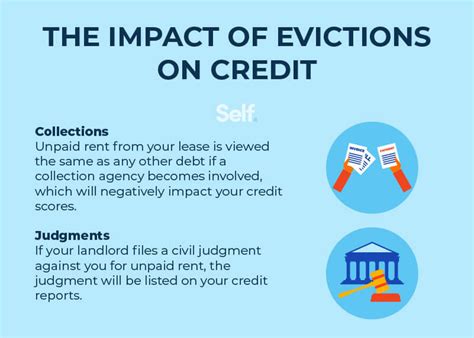Is My Eviction Still Affecting My Applications?
Facing eviction can be a deeply stressful experience, leaving lasting impacts on your life, including your ability to secure new housing or employment. Many people wonder how long the shadow of a past eviction lingers and whether it continues to hinder their applications. The answer, unfortunately, isn't a simple yes or no. The impact of an eviction on your future applications depends on several factors, including the specifics of your eviction, the type of application, and the policies of the individual landlord or employer.
How Long Does an Eviction Stay on My Record?
Evictions are typically reported to tenant screening services like TransUnion, Experian, and LexisNexis. These services compile and sell tenant screening reports to landlords and other housing providers. The length of time an eviction remains on these reports varies by state and the specific reporting agency. However, it's generally safe to assume that an eviction can remain on your record for seven years, though some states may have shorter reporting periods. Keep in mind that even after the seven years, some landlords may still find out about past evictions through other means.
What Types of Applications Are Affected by Evictions?
An eviction can significantly impact various applications, including:
-
Rental Applications: This is the most obvious area where an eviction will cause problems. Landlords will almost certainly check your rental history, and an eviction will significantly decrease your chances of approval.
-
Housing Assistance Programs: Government-funded housing programs often have strict eligibility requirements, and a past eviction could disqualify you from receiving assistance.
-
Employment Applications: While less common, some employers, especially those in fields requiring high levels of responsibility or trust, may conduct background checks that include tenant screening reports. An eviction might negatively affect your chances of securing employment in these cases.
-
Loan Applications: In some cases, lenders might consider an eviction during the application process for loans, especially those involving a mortgage or securing a rental property.
Can I Do Anything to Mitigate the Impact of an Eviction?
While you can't erase an eviction from your record, there are steps you can take to mitigate its impact:
-
Be Transparent: When applying for housing or employment, be upfront about your past eviction. A dishonest approach can be far more damaging than openly addressing the situation and explaining the circumstances.
-
Provide Context: If possible, explain the reasons behind the eviction. Demonstrate that the event was an isolated incident and you've taken steps to prevent similar situations from occurring again. For example, were there extenuating circumstances like a job loss or medical emergency?
-
Demonstrate Stability: Highlight positive aspects of your current situation, such as stable employment, positive references, and consistent rental payments. Show potential landlords or employers that you are a responsible and reliable individual.
-
Improve Your Credit: A good credit score can sometimes offset the negative impact of an eviction. Focus on paying your bills on time and managing your finances responsibly.
How Can I Find Out if My Eviction is Still Affecting My Applications?
The best way to determine if your eviction is still impacting your applications is to:
-
Check Your Tenant Screening Report: You can purchase your own tenant screening report from the major credit bureaus. This will show you what information is currently on file and how it might be affecting your applications.
-
Contact Potential Landlords/Employers Directly: You can ask directly if your eviction is a barrier to approval, though be prepared for a straightforward answer.
What if I Was Wrongfully Evicted?
If you believe your eviction was unlawful or wrongful, you might be able to challenge it legally. Seeking legal advice from a housing attorney can help you explore your options and protect your rights.
Remember, an eviction is a significant event, but it doesn't define you. By being proactive, transparent, and demonstrating your commitment to responsible living, you can improve your chances of successfully navigating future applications. It's a process, not an insurmountable hurdle.

